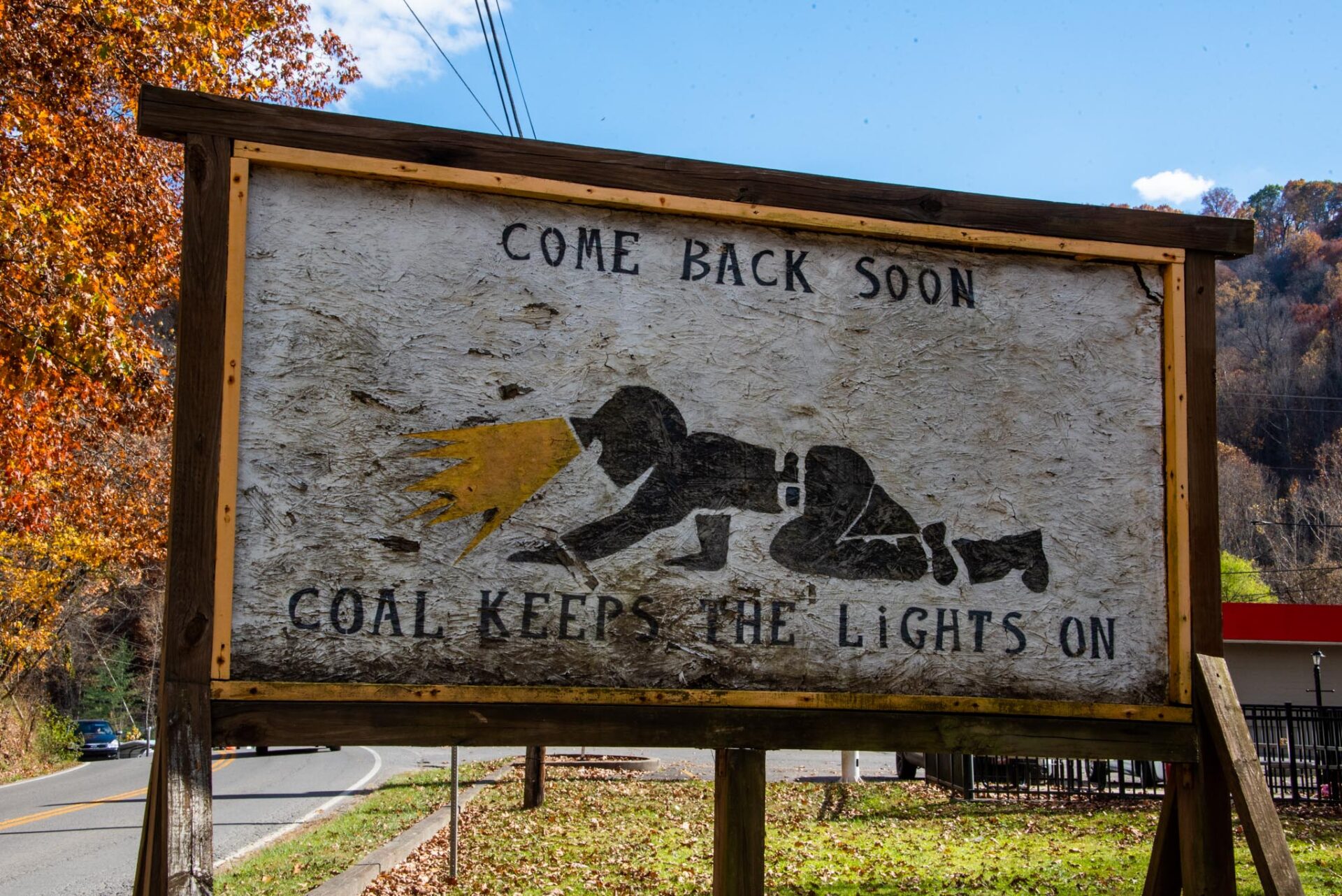Black lung disease is back. In fact, it never went away. Now, younger and younger miners are living with a particularly nasty form of black lung disease.
Regulators and the coal industry have known about the problem for decades — but they’ve been slow to respond.
One reporter asks, “What would happen if thousands of workers in any other industry got sick and died just because of where they worked?”
This week, we’re talking about the black lung epidemic, Inside Appalachia.
In This Episode:
- Looking Back At The Rise of Advanced Black Lung Cases Rising
- Federal Regulators Are Crafting New Rules
- Recent Investigations Into Black Lung
Advanced Black Lung Cases Rising
Credit: Mine Safety and Health Administration
Advanced black lung is rampant across the coal-producing regions of central Appalachia, in West Virginia, eastern Kentucky and southwestern Virginia.
This is different from simple black lung, which is debilitating, but advanced black lung is known as progressive massive fibrosis. It’s the result of miners digging at increasingly thin coal seams. To get at the coal, they cut into quartz, which creates silica dust.
Breathing the mix of silica and coal dust is much more destructive and like simple black lung, there is no cure.
Advanced black lung has been documented for decades, but it’s getting new attention from federal officials.
As part of our special program, we aired a 2018 NPR segment with Howard Berkes, where he met with dozens of Appalachian miners with advanced black lung disease.
Federal Regulators Are Crafting New Rules
Most coal production has been declining for years, but the metallurgical coal industry has been ramping up production to meet global demand. With increased demand, experts predict more cases of black lung. After years of inaction, though, federal officials are addressing the issue.
Over the summer, the Mine Safety and Health Administration proposed a rule intended to protect coal miners from exposure to silica dust. By the time the comment period closed in September, the draft rule had attracted 157 comments.
WVPB’s Emily Rice reports.
Recent Investigations Into Black Lung
Howard Berkes has continued to report on advanced black lung, even after retiring from NPR. Recently, he helped lead a new investigation into advanced black lung cases, co-published by Public Health Watch, Louisville Public Media and Mountain State Spotlight.
Mason Adams spoke with Berkes about what they found.
——
Our theme music is by Matt Jackfert. Other music this week was provided by John Hurlbut and Jorma Kaukonen, Tim Bing, June Carter Cash and Steve Earle.
Bill Lynch is our producer. Zander Aloi is our associate producer. Our executive producer is Eric Douglas. Kelley Libby is our editor. Our audio mixer is Patrick Stephens.
You can send us an email: InsideAppalachia@wvpublic.org.
You can find us on Instagram, Threads and Twitter @InAppalachia. Or here on Facebook.
Sign-up for the Inside Appalachia Newsletter!
Inside Appalachia is a production of West Virginia Public Broadcasting.
